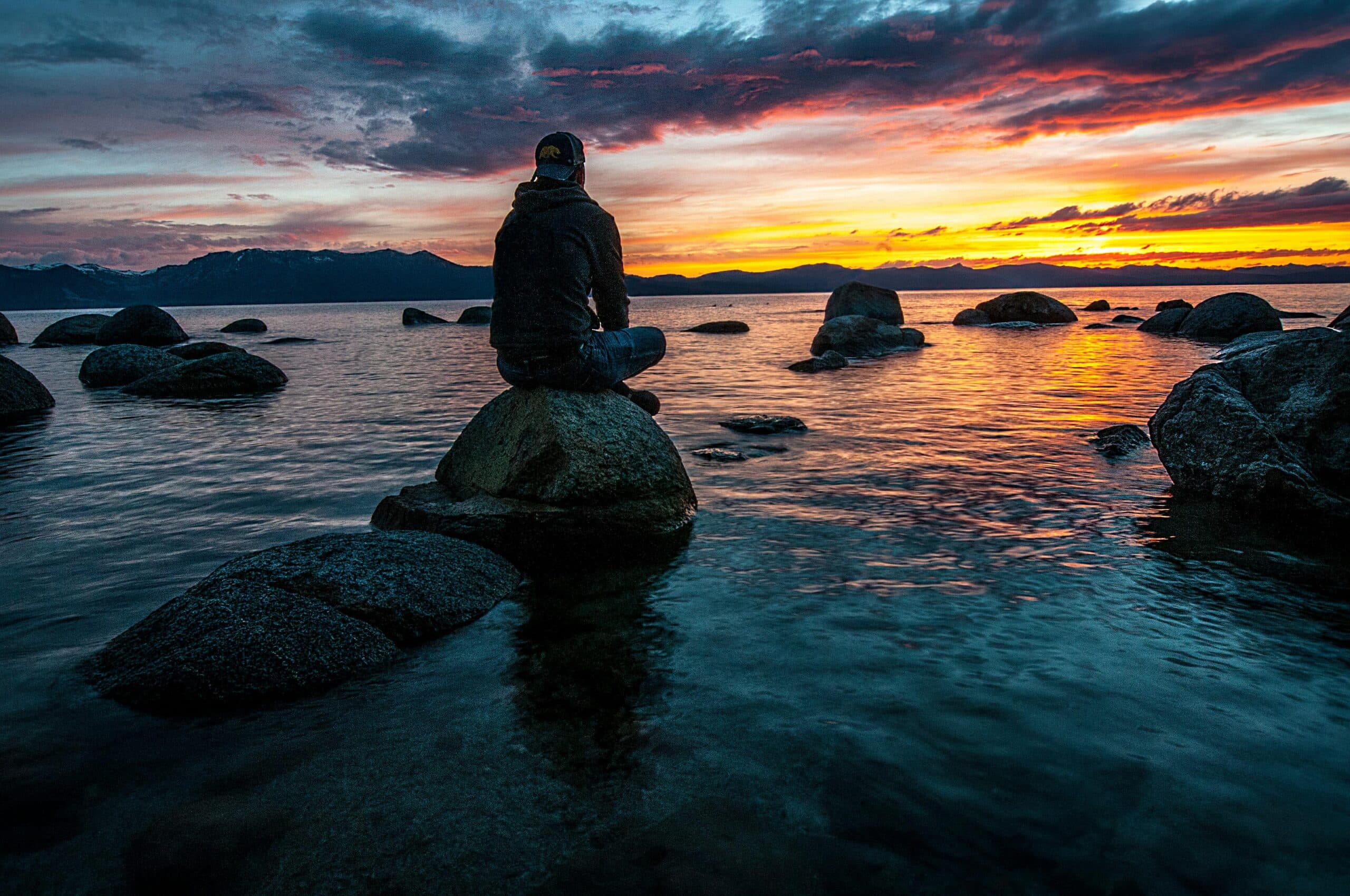Beauty captivates and inspires. But it also has the power to leave us undone. And, in this way, it calls us to contemplate our very selves. Beauty as such is not merely pleasing to the eye; it’s transformative – arousing deep desires while also shining light on who we want to become. Beauty simultaneously calls us out of ourselves while allowing us to find ourselves anew.
To be sure, beauty can be a refreshing source of comfort and peace – washing over us like a cool breeze on a summer day. And there’s certainly a place just to bask in the joy of such pleasure. At the same time, the power of beauty goes far beyond its ability to soothe and comfort.
There’s beauty in heroic action and a mother’s tender embrace, in the loyalty of friendship and the unwavering endurance through trials, in majestic sunsets and mountaintops, the passion of romance, and the awestruck wonder of another’s physical embodiment. There have been countless movies, books, and works of art which have all testified of these and more. And the power of each of these is in its ability to leave us changed.
On the one hand, we witness something outside of ourselves – utterly beyond our control. And yet something that also touches us deeply. We’re moved and called to ponder the meaning of such beauty in the world.
What does this say about God to allow such beauty to exist? And for us to be given the grace to receive it? Who are we in relation to this beauty? And who are we called to become?
Who we are is not formed in a vacuum. Our identity and desires are often conceived in response to beauty. We learn about ourselves through witnessing and contemplating the generous beauty God has spread throughout our days. And this is not static. Our formation continues as we continue to stand in the path of beauty and allow it to have its way with us.
In the end, enjoy beauty in all its many forms. And allow it to change you – calling you to reflect on who you are and who you want to be.
Photo by Keegan Houser on Pexels

